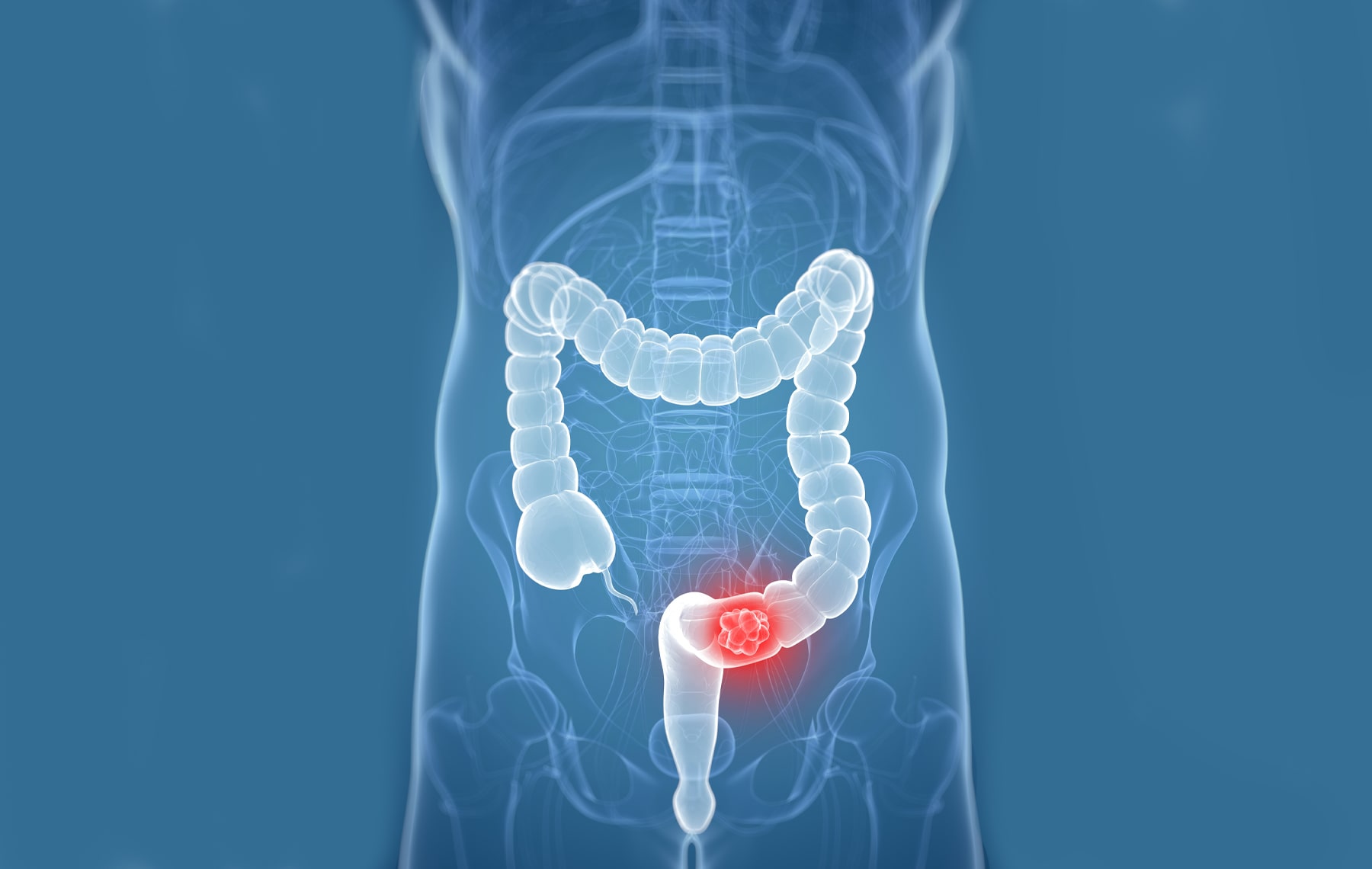
Gastric cancer is the fifth deadliest cancer in the world, despite its declining prevalence over the past few decades. Gastric cancer is often asymptomatic or may cause only nonspecific symptoms in its early stages, which is one of the main reasons for the delay in its diagnosis.
Stomach cancer may be associated with symptoms such as nausea, vomiting, premature satiety, and dysphagia after chemotherapy, radiotherapy, or surgery.
In patients with advanced cancer, hypoalbuminemia, weight loss, and muscle wasting are commonly associated with increased morbidity and mortality.
Symptoms of gastric cancer
-
Indigestion and upset stomach
-
Feeling bloated after eating
-
Moderate nausea
-
Loss of appetite
-
Heartburn
-
Blood in the stool
-
Vomit
-
Weight loss for no apparent reason
-
Stomach ache
-
Jaundice (yellowing of the eyes and skin)
-
Ascites (accumulation of fluid in the abdomen)
-
Difficulty swallowing
Medical nutrition therapy in gastrointestinal cancer
The goal of nutritional therapy is to improve nutrition, metabolism, adherence to antitumor therapies, quality of life, and disease management. Nutrient support is recommended for patients with gastric cancer undergoing surgery and can be done with oral, intestinal (EN), and intravenous (PN) nutrition. Oral diet includes foods and supplements. After a gastrectomy, a diet based on frequent small meals, with limited carbohydrate intake, is recommended to prevent dumping syndrome.
Note that vitamin B12 deficiency can occur as early as 1 year after gastrectomy.
Getting more saturated fat is associated with an approximately 30% higher risk of stomach cancer. In contrast, vegetable fats are associated with a significantly lower risk.
Red meat contains large amounts of iron. People who consume the most iron (heme) have a 13 percent higher risk of stomach cancer than those who consume the least.
It is also recommended to replace refined grains with whole grains. Getting more whole grain fiber is associated with an approximately 30% reduction in the risk of stomach cancer.
Avoiding highly salty foods is also recommended. High sodium intake (compared to low) increases the risk of stomach cancer by approximately 70%.
It is also recommended to consume more selenium in the diet. People with higher levels of serum or tissue selenium have a 15 percent lower risk of cancer than people with lower levels. Selenium supplements are not effective in reducing this risk. Good sources of selenium include Brazil nuts, brown rice, and pasta.
Colon cancer
Colon cancer is one of the most common cancers in which men and women have the same number of symptoms and has the following symptoms:
Bleeding from the anus or the presence of blood in the stool
The feeling of not emptying the bowel completely
Weakness or fatigue
Weight loss for no apparent reason
Permanent changes in bowel function, including diarrhea or constipation or changes in stool
Persistent abdominal discomforts such as pain, gas accumulation, or abdominal cramps
Nutrition therapy for colon cancer
If you have colon cancer, you should try to follow a diet that is low in saturated fat as well as red meat; Because these two factors enhance colon cancer. It is also possible to strengthen the healing process in patients by receiving more fiber from fruits and vegetables.
Tip: You should avoid alcohol and smoking.
There is compelling evidence that there is a direct link between colon cancer and overweight and obesity.




